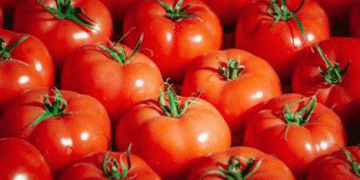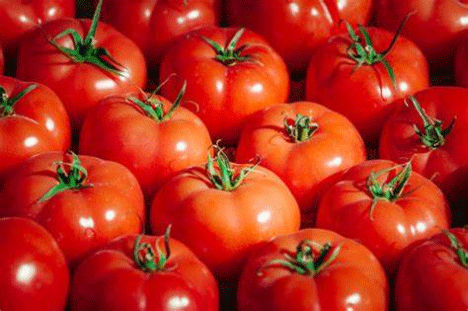The safety of agricultural products is a critical issue for farmers, distributors, and regulators. A recent warning from French authorities highlights the detection of high levels of Lambda-Cyhalothrin, a pesticide from the pyrethroid family, in tomatoes imported from Morocco. The incident raises pressing questions about pesticide management, consumer safety, and regulatory enforcement in the agricultural supply chain.
What Happened?
On October 31, during a routine inspection by the import company, Moroccan tomatoes were found to contain 0.15 mg/kg of Lambda-Cyhalothrin, exceeding the European maximum residue limit (MRL) of 0.07 mg/kg. This prompted French authorities to issue a warning after confirming the findings through European Commission documents. Unfortunately, the contaminated tomatoes had already reached consumers, leading to a broader alert across the distribution and consumption networks.
Health Risks of Lambda-Cyhalothrin
Lambda-Cyhalothrin is a widely used pyrethroid insecticide known for its effectiveness against pests in vegetable production. However, exposure to this chemical, particularly at high levels, poses health risks:
- Acute Symptoms: Skin and eye irritation, with effects starting within 30–60 minutes of contact and lasting up to two days.
- Long-term Concerns: Repeated exposure may have cumulative toxicological impacts, raising concerns about its use in food production.
Implications for Farmers and the Supply Chain
This incident underscores the need for stricter adherence to pesticide regulations and better monitoring in international agricultural trade. Key takeaways include:
- Regulatory Compliance: Farmers must ensure pesticide usage stays within approved MRLs to avoid export rejections and health risks.
- Monitoring Systems: Importers and distributors should implement robust testing protocols to detect potential violations early.
- Transparency: Effective communication between regulators and the supply chain can prevent contaminated products from reaching consumers.
The Role of Innovation
Emerging technologies, such as blockchain for traceability and AI for residue analysis, could play a pivotal role in minimizing incidents of pesticide violations. These tools can help track the origin and treatment of produce, ensuring compliance and accountability.
The case of Moroccan tomatoes in France serves as a stark reminder of the importance of rigorous pesticide regulation and monitoring. By prioritizing safety and transparency, the agricultural sector can protect consumers while maintaining trust in international trade. Collaboration between farmers, scientists, and policymakers is essential to strike a balance between effective pest control and food safety.































